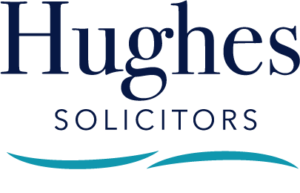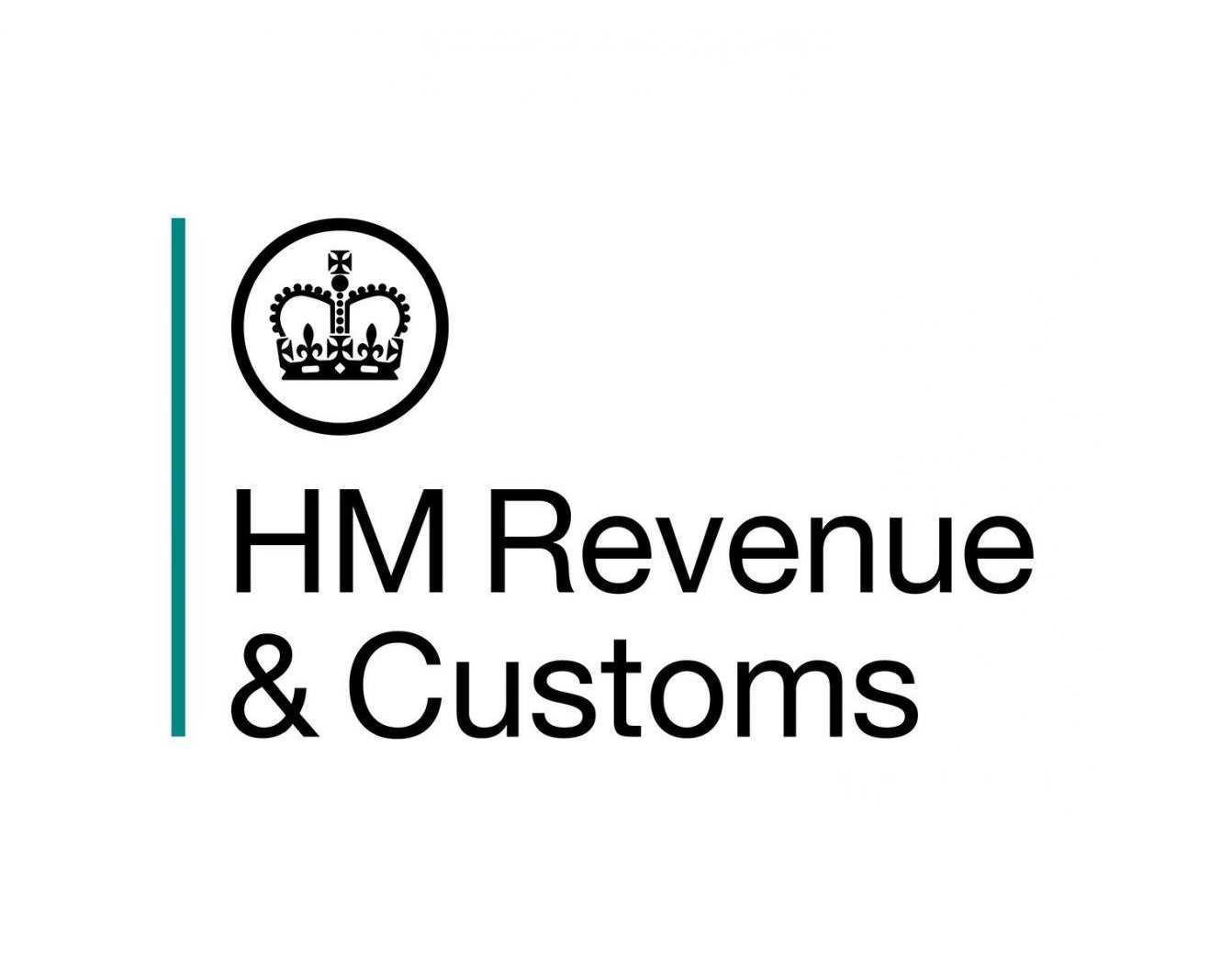Details of most non-taxable trusts must be registered with the Trust Registration Service by 1 September this year, under recent rules introduced by HM Revenue & Customs.
Trustees should act now to ensure their non-taxable trusts are registered properly by the deadline – or risk facing penalties, as Dee Benians, partner in our private client team in Heathfield, East Sussex explains.
Non-taxable trusts are those that incur no UK tax liability such as inheritance tax, income tax or capital gains tax. They include, for example, a trust that has been set up to hold beneficial interests in land, or a pilot trust which only holds a nominal amount on creation and was set up after 6 October 2020.
The Trust Registration Service was set up in 2017 by HM Revenue & Customs to serve as a central register, with its core aims being to record details of trusts, to comply with an EU anti-money laundering directive aimed at combatting money laundering, serious crime, and terrorist financing, and to satisfy the requirements of The Money Laundering and Terrorist Financing (Amendment) Regulations 2019.
Originally only taxable trusts had to be registered, but this requirement has now been extended to all ‘express’ trusts, even if they are non-taxable, unless they are specifically excluded.
The exceptions to the HMRC’s obligation to register include:
- charitable trusts;
- legislative trusts and those imposed by court order (for example, trusts ordered by the court in divorce proceedings or estate disputes);
- co-ownership – where the trustees and beneficiaries of jointly-held property are the same people;
- personal injury trusts – where a trust is holding a claim amount or is a disabled person’s trust;
- insurance policy trusts – where the trust is paying out a sum only, for example, on death;
- historic pilot trusts – which are not worth more than £100 and were set up before October 2020;
- pension scheme trusts – not including pilot trusts set up to receive pension death benefits;
- trusts created on death – where the trust will be wound up within two years of death;
- cash accounts held for minors and people who lack mental capacity.
The requirements to register a non-taxable trust differ depending on when the trust was created. Those in existence on or after 6 October 2020 must be registered by 1 September 2022; those set up after 1 September 2022 must be registered within 90 days of creation; and from 1 September 2022, changes to the trust details or circumstances must be notified within 90 days of the change.
A trust should be registered and kept updated by a ‘lead trustee’, who should be specifically appointed by the trustees through the creation of a Government Gateway account. Alternatively, an agent (such as a solicitor) can be appointed to input the detailed registration details required or any updates that are needed on the trust’s behalf. Once registration is complete, a Unique Tax Reference will be assigned to that trust.
Failure to register the trust by the required deadline or to update the register with any changes could incur a financial penalty of £100 per offence.
Keeping pace with the registration and updating duties required of trustees by HM Revenue & Customs can be fairly taxing, so it is a good idea to seek legal help from an expert in the field.
Our dedicated team of trust specialists can help you assess whether your trust needs to be registered and, if it does, guide you through the registration and updating process. Alternatively, we can act as your trust’s agent, and relieve you of all the stress that registration, updates and annual declarations can involve.
For further information on setting up a trust or any other wills or probate matter, please contact Dee Benians in our private client team in Heathfield, East Sussex on 01435 890 101 or email deebenians@hugheslaw.co.uk.
This article is for general information purposes only and does not constitute legal or professional advice. Please note that the law may have changed since the date this article was published.


